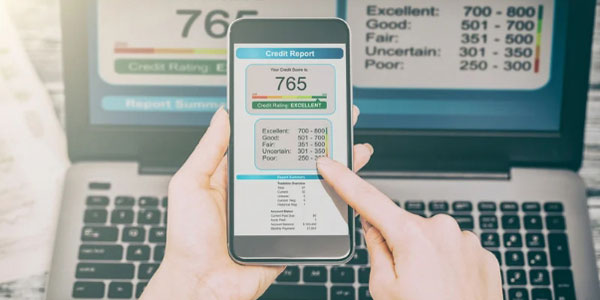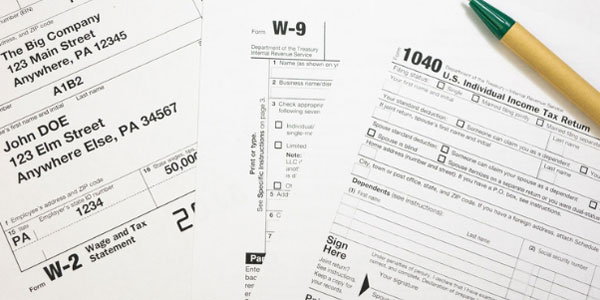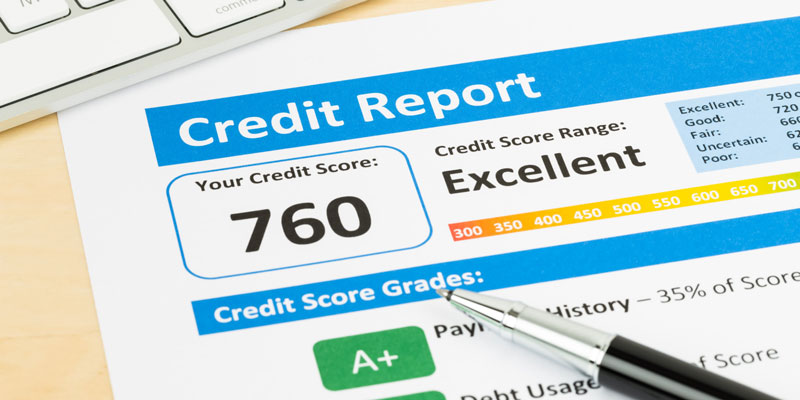Personal loans are often sought after by people who need immediate financial assistance. Personal loans can be used for various purposes, making them a convenient option for anyone needing quick cash. However, not all personal loans are the same, and knowing which type of personal loan to apply for can help you make the most out of your funds. In this blog post, we'll look at the different types of personal loans, their uses, and the types of lenders who grant them.
Types of Personal Loans
A personal loan is a loan that you can avail from a bank, online lenders, and credit union. Here are the most common types of personal loans available. So, make an informed decision and know your needs before taking any personal loan.
1. Unsecured Personal Loans
These are the most popular types of personal loans among borrowers. Unsecured personal loans are open to anyone regardless of their credit score. As the name says, unsecured loans don't require collateral, making it appealing to individuals who don't have properties to pledge as collateral. Unsecured loans are perfect to cover emergency expenses or consolidate your debt. However, the interest rates are a little higher for this loan.
2. Secured Personal Loans
Unlike unsecured personal loans, secured loans require collateral to avail. Collateral can be anything of value, such as your home or vehicle. Secured loans usually have lower interest rates than unsecured ones because of the collateral. People with poor credit scores can benefit from fast loans since the collateral offsets the lender's risks.
3. Debt Consolidation Loans
Borrowers use these personal loans to consolidate their debts into one manageable loan. Debt consolidation loans allow you to lower your overall debt by paying off your high-interest loans with a single, low-interest personal loan. These loans can also help you if you have poor credit scores. They allow you to consolidate your outstanding debt without resorting to more aggressive measures, such as filing for bankruptcy.
4. Co-signed Loans
If you have poor credit and need help qualifying for a personal loan on your own, a co-signed loan may be an option. With a co-signed loan, a lender helps you approve your loan. Your cosigner will be someone who has a higher credit score and will co-sign the loan with you. This gives the lender more confidence in your ability to pay for the loan, which can result in a higher chance of approval. Remember that if you default on the loan, your co-signer will be held accountable and have to repay the loan.
5. Payday Loans
Payday loans are small loans you must repay on your next payday. These loans are easy to obtain if you have a steady income and can use them for any urgent purpose. However, payday loans come with very high-interest rates, making them one of the most expensive ways to borrow money. If you're considering a payday loan, understand its terms and the long-term implications of borrowing.
Types of Lenders Who Grant Personal Loans
Here are the three major types of lenders who grant personal loans.
Banks: Traditional banks offer personal loans and may have various options for different borrowing needs. They often have strict eligibility criteria and require a good credit history.
Credit Unions: Credit unions are member-owned financial institutions that provide personal loans to their members. Considering the borrower's relationship with the credit union, they offer competitive interest rates and flexible terms.
Online Lenders: Online lenders have gained popularity in recent years. They also offer personal loans with a streamlined application process. They often cater to individuals with different credit profiles, including those with bad credit. Online lenders may provide faster approvals and funding compared to traditional lenders.
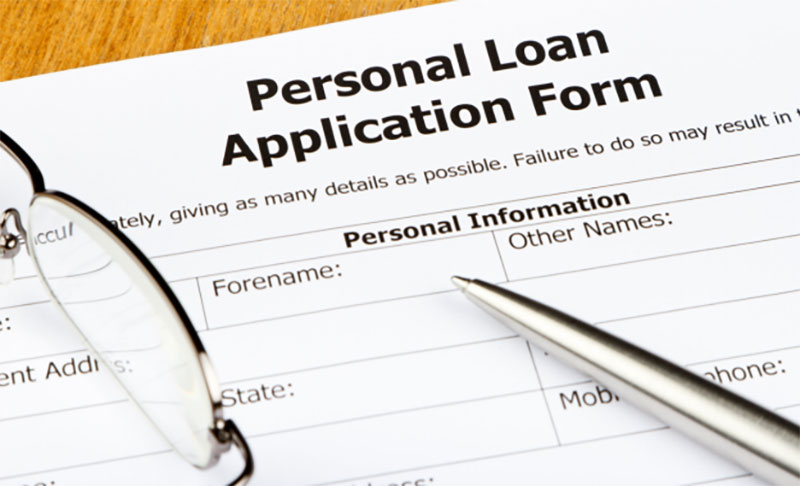
How to Choose the Best Type of Personal Loan for You
When choosing the best type of personal loan for you, you must consider your specific financial needs and goals.
Start by evaluating how much money you need to borrow and for what purpose. If you have collateral to offer, a secured personal loan might offer lower interest rates and higher loan amounts. On the contrary, an unsecured personal loan could be a good fit if you don't have collateral or prefer flexibility. Consider factors such as interest rates, repayment terms, customer reviews, and additional fees or charges.
Remember to review your creditworthiness and choose a loan that suits your credit profile. By considering these factors and comparing options from different lenders, you can find the best type of personal loan that aligns with your needs and helps you achieve your financial goals.
Pros and Cons of Getting a Personal Loan
Personal loans do come with some benefits and drawbacks. It's important to carefully evaluate them before getting a personal loan. And choose one based on your financial situation and goals. Consider your ability to repay the loan, the total cost of borrowing, and any potential impact on your credit score before making a decision.
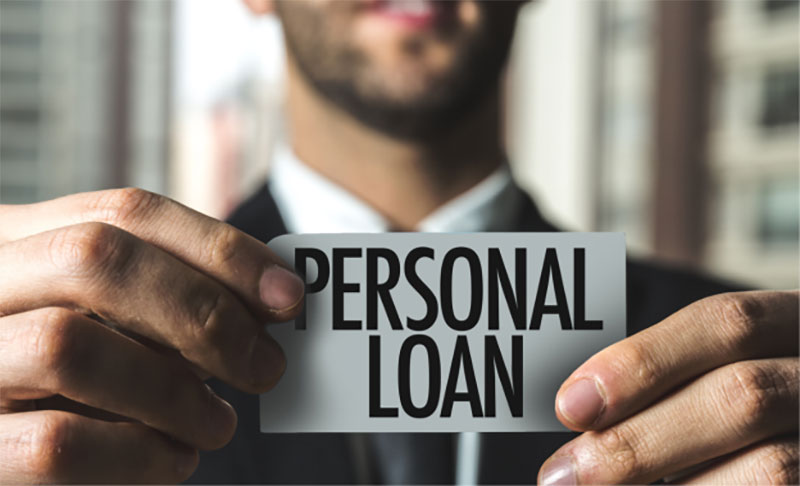
Pros of Getting a Personal Loan
Flexibility: Personal loans can be used for various purposes. They allow you to address different financial needs, such as debt consolidation, home improvements, or major purchases.
Quick Access to Funds: Personal loans often have a streamlined application process. And if approved, you can receive the funds relatively quickly or in the next 24 hours. It allows you to address your financial needs promptly.
Fixed Repayment Schedule: Personal loans typically come with fixed repayment terms, making it easier to budget and plan for monthly payments.
Cons of Getting a Personal Loan
Interest and Fees: Personal loans may come with interest charges, such as origination fees or prepayment penalties. Understanding and considering the total cost of borrowing is essential when evaluating loan options.
Impact on Credit Score: Taking on additional debt through a personal loan can temporarily impact your credit score. It's vital to manage your loan responsibly and make timely payments to avoid any negative effects on your credit.
Qualification Requirements: Depending on the lender and the loan type, qualifying for a personal loan may require meeting specific eligibility criteria. It includes a good credit score or stable income. Some lenders may only offer loans to individuals with good credit.
Collateral or Cosigner Requirements: Certain personal loans, especially those for individuals with bad credit, may require collateral or a co-signer to secure the loan. This can add complexity and potential risks to the borrowing process.
Conclusion
Understanding the different types of personal loans and their uses can help you make informed financial decisions. Personal loans can help you get out of a financial bind, but choosing the type of loan that best suits your needs is essential. Remember to read the fine print, know the loan terms, and select a lender you trust. Doing so lets you make the most of your personal loan and get back on track financially.

